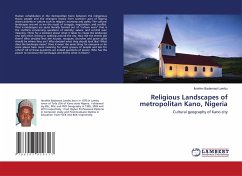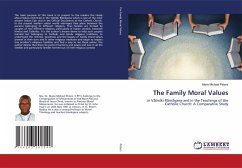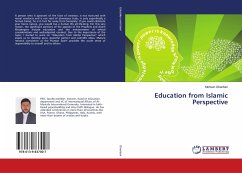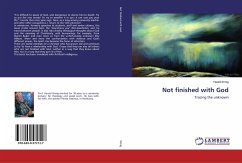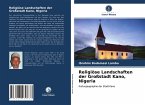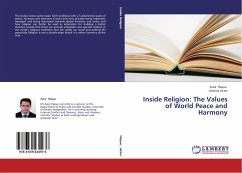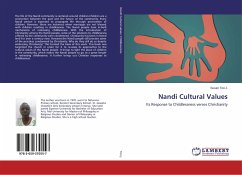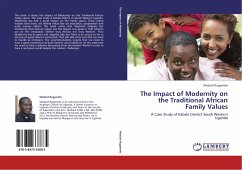Human cohabitation in the metropolitan Kano between the indigenous Hausa people and the strangers mostly from southern part of Nigeria shows polarity in culture such as religion, economy and polity. The cultural landscapes around us are the result of struggle, negotiation, and conflict. That is landscapes are quite literally formed out of "culture wars" that is the conflicts concerning questions of identity, values, and control over meaning. Think for a moment about what it takes to create the landscape one sees when driving or walking around the city. How did the streets get there? Who decided that the houses, mosques, churches and grave yards should be where they are? Who decided what they should look like? What does the landscape mean? Does it mean the same thing for everyone or do some places have more meaning for some groups of people and less for others? All of these questions are indeed questions of power. Who has the power to construct the landscape and define what it means?
Hinweis: Dieser Artikel kann nur an eine deutsche Lieferadresse ausgeliefert werden.
Hinweis: Dieser Artikel kann nur an eine deutsche Lieferadresse ausgeliefert werden.

